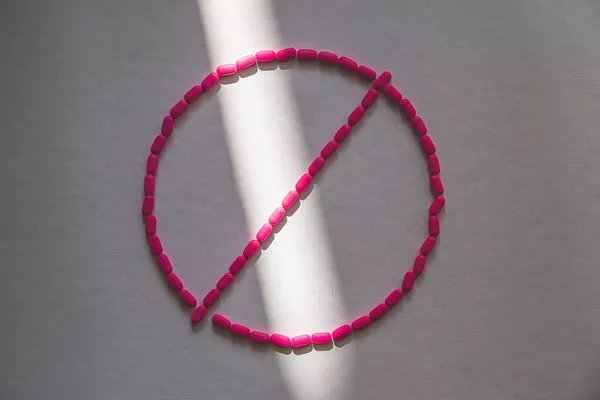The US Food and Drug Administration (FDA) has given its nod of approval for the use of an injectable drug, Xolair, as a preventive measure against allergic reactions triggered by food allergens. This groundbreaking decision marks the first time a medication has been authorized to mitigate the risk of allergic reactions stemming from various foods following accidental exposure.
Xolair, also known by its generic name omalizumab, originally introduced to the market in 2003, has previously been utilized in the treatment of asthma, chronic rhinosinusitis, hives, and other medical conditions. However, this recent approval expands its potential application to include allergic reactions to food.
A pivotal clinical trial involving 168 participants demonstrated encouraging outcomes. Notably, 68% of individuals receiving Xolair were able to tolerate the equivalent of 2.5 peanuts’ worth of allergen without experiencing significant allergic reactions. The study focused on assessing Xolair’s effectiveness in reducing the risk of allergic reactions from various food sources, offering hope to individuals, particularly children and their families, grappling with food allergies.
Dr. Daniel S. Ganjian, a pediatrician at Providence St. John’s, lauds this development as a significant milestone in addressing food allergies, likening Xolair to “a sponge” that intercepts the Immunoglobulin E (IgE) protein, thereby preventing allergic reactions. Despite its efficacy in mitigating allergic reactions triggered by food allergens, Xolair does not cure food allergies and is not intended to replace emergency treatments such as epinephrine.
Dr. Daniel DiGiacomo, a pediatrician specializing in allergies and immunology, underscores the importance of considering individual patient goals and needs when determining the suitability of Xolair as a treatment option. While Xolair represents a promising advancement in allergy management, Dr. DiGiacomo emphasizes the necessity for comprehensive patient education, allergen avoidance strategies, and familiarity with emergency treatment options.
While Xolair offers a novel approach to reducing the risk of allergic reactions to food, it is not the only medication available for this purpose. Palforzia, a peanut allergen powder, targets peanut allergies specifically and is approved for children aged 4-17.
Looking ahead, there is potential for further research exploring the synergistic effects of Xolair alongside desensitization protocols to expedite desensitization in patients with food allergies. However, it’s crucial to remain vigilant about potential side effects, including the risk of anaphylaxis, associated with Xolair use.
Dr. Ganjian expresses optimism about Xolair’s broader application in managing food allergies, particularly in cases involving multiple allergens. This latest FDA approval represents a significant step forward in enhancing treatment options and improving the quality of life for individuals grappling with food allergies.


